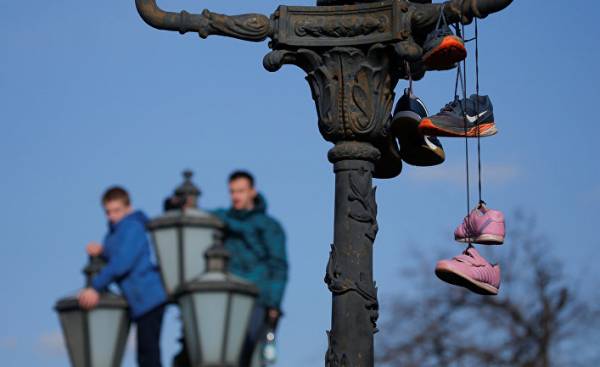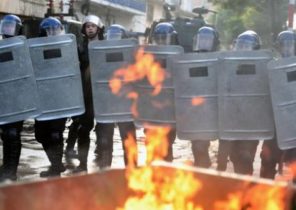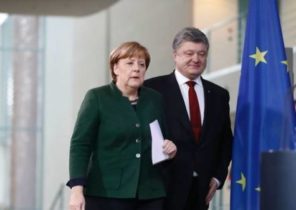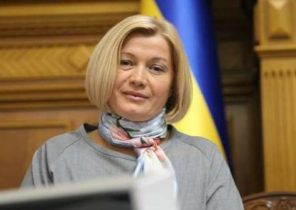
The most massive civil protests in many years, shocked the leaders of Belarus and Russia. These cases differ, unjust tax for unemployed in Minsk and the corruption scandal in Moscow, but they demonstrated a high level of dissatisfaction. Alexander Lukashenko and Vladimir Putin know it. So, after a moment, they responded with repression. In these countries there is no place for protests.
Stagnation instead of chaos
Their model of government that puts political stability above all else, turns into a dead end. But the fear of chaos without the strong hands of autocrats still provides a high support of the population. But it is more fragile than it seems. Belarus, which since 1994, Lukashenka can be considered a good example. He has rescued its citizens from the social hardships of the 90s, which led to the erosion of trust to a market economy in Russia. But at the cost of repression, isolation, dependence on Russia, and the abandonment of prospects that go beyond the status quo.
Because of the difficulties in Moscow after the fall in oil prices, the leader in Minsk tried to balance between East and West for the sake of power. The country is trapped rapprochement with Europe calls for the liberalization of the system, which poses a threat to Lukashenka’s rule. However, unwillingness to change has led to a serious economic crisis and falling living standards. These protests are also dangerous for Lukashenka. They show that stability quickly turns into stagnation and dissatisfaction.
The Specter Of Maidan
From this you cannot conclude that the regime in Minsk or Moscow is in immediate danger. The protests are too small, their base is insignificant, and the opposition too weak, so their overthrow is unlikely. In addition, the constant use of images of the enemy supports their position. So, Lukashenko called the protesters a “fifth column”, which works on behalf of other States and wants to destabilize the country. Like its Belarusian counterpart, Putin indicated that a chilling example of the uprising on the Maidan in Kiev, which started with protests against corruption.
The example of Ukraine also showed how quickly it could collapse the stable, at first glance, the regime if the people’s anger is great enough. Despite all the propaganda, Putin knows that the wrath of the Russians due to a corrupt elite- is its Achilles heel. This is especially true for the younger generation, which after 17 years of Putin’s rule adopts the stability and prosperity for granted. They begin to demand from politicians more than just Patriotic slogans, symbolic politics and conservatism.
New modesty of Europe
The post-Soviet autocrats can not offer, although the resumption of sclerotic structures would be in the interests of all. In the end, the countries of the former Soviet Union know only too well what suffering and violence associated vicious cycle of stagnation and revolution. With the help of the West, the people of Central and Eastern Europe were able to break it in the post-cold war period. But today, the EU has neither the power nor the political will to offer a membership perspective to the countries of the former Soviet Union, even if they tried it.
In the case of the countries caught in the trap stability, the West must perforce lower your expectations. This means that you need to rely not on universal, often ineffective, demands, and call for the respect of fundamental values in specific areas, for example in the fight against corruption. Here, despite geopolitical tensions, Europe has a great reputation — especially among the young, educated generation. This can be achieved with the tools to strengthen the judicial system, research, scholarships and educational grants. The EU should demand from European companies consistent clean practices in trade with the countries of Eastern Europe.
The recent protests showed that post-Soviet rulers found themselves in a situation that requires explanation. They have to discuss their shortcomings and contradictions, not to create enemies. This is the beginning of change.






